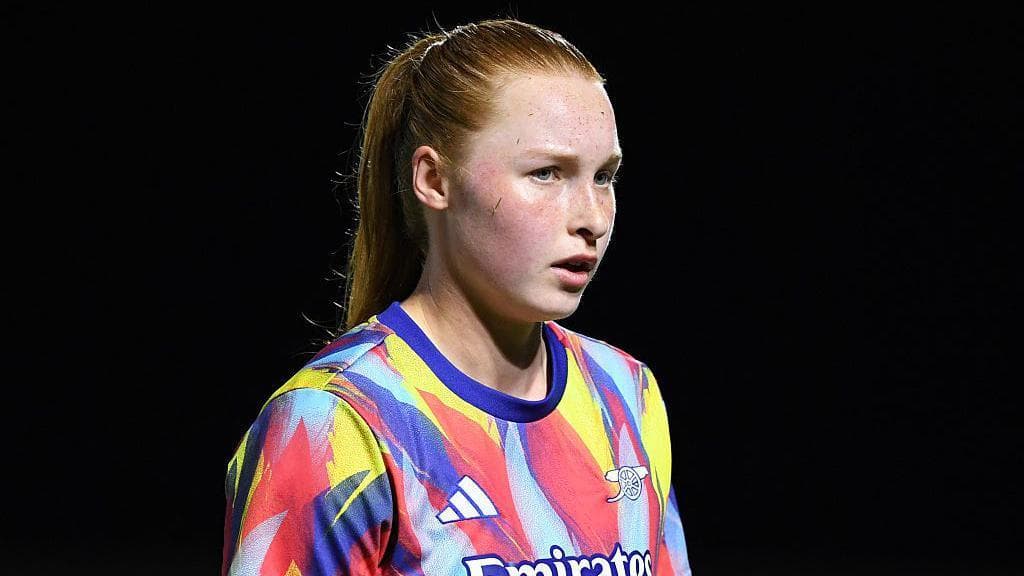
The Senate made significant progress Sunday toward ending the longest government shutdown in U.S. history, narrowly advancing a compromise bill that would authorize funding and prevent some employees from being furloughed. But the bill, which emerged from negotiations between a small group of Democratic and Republican senators, leaves out healthcare subsidies that Democrats have been pushing for weeks. Most Democrats voted against it, as did many lawmakers in the House of Representatives, which will have to approve it before the government reopens. "This healthcare crisis is so severe, so urgent, so devastating to families at home that I cannot in good conscience support this [resolution] that does not address the healthcare crisis," said Chuck Schumer, the Democratic Senate minority leader. The bill passed with exactly 60 votes needed to move forward in the Senate, with almost all Republicans voting in favor, along with 8 Democrats, many of whom are moderates or are nearing the end of their terms. "Republicans control the White House, the Senate, and the House, and they have made it clear for weeks, including this week, that this was their furthest point of departure as part of government shutdown negotiations," said Jeanne Shaheen of New Hampshire, a member of the group retiring after her next term. "This was the only deal on the table."
The 40 days since government funding authorization expired on October 1, Thune has held 14 votes on a bill approved by the Republican-controlled House that would extend funding through most of November. But no Democrats voted in unison for it, rejecting it support that it needed to advance. The minority party demanded that any funding legislation also extend tax credits that reduce premiums in health plans created under the Affordable Care Act, which were established under Joe Biden. Thune said he would be willing to negotiate on the subsidies, but only after the government reopens. "After 40 long days, I am hopeful that we will end this shutdown," Thune said shortly before the vote on Sunday evening. "Because we are in a difficult situation with air travel, coupled with the fact that our staff has been working without pay for 40 days, all Republicans and Democrats who support this bill know that it is time to act."
The compromise legislation would authorize government funding through January 30, 2026, and prevent the firing of federal workers that the White House implemented at the start of the shutdown. It would also provide back pay for furloughed federal workers and those who worked during the furlough, and prevent further firings through the end of January. The compromise includes three funding bills that would authorize the departments of Agriculture and Veterans Affairs for fiscal year 2026, among others. The compromise does not address the Affordable Care Act premiums, which one study found would increase by 26% if the tax credits expire. As part of the agreement, Thune said he would allow a vote on a bill addressing the credits during the second week of December. But even if it succeeds, House Speaker Mike Johnson has said he will not bring such a bill to the floor. The compromise bill now must be approved by the House and signed by Donald Trump, which could take days. After advancing the compromise bill, the Senate adjourned Monday morning, leaving further action on the matter in the air. Johnson has kept the House in recess since September 19, in an attempt to force Senate Democrats to vote for the GOP's funding bill. After the procedural vote's success, the House told lawmakers to expect a vote this week. But all signs indicate the bill will face a rocky reception in the House, especially among Democrats. "America is too expensive. We do not support the funding legislation proposed by Senate Republicans that does not extend Affordable Care Act tax credits," said House Democratic Minority Leader Hakeem Jeffries. "We will fight against the GOP's bill in the House, where Mike Johnson will be forced to end the seven-week Republican taxpayer-funded vacation."
Greg Czarny, chairman of the Congressional Progressive Caucus, said: "A deal that does not reduce healthcare costs is a betrayal of millions of Americans who rely on Democrats to fight for them. Republicans want to reduce healthcare. Getting nothing from the Republicans except a pink promise is not a compromise – it is capitulation."
Before the vote in the Senate, Rep. Rohit Khanna called for Schumer to be replaced, saying he "is no longer effective." "If you cannot fight against the increase in healthcare premiums for Americans, what will you fight for?"
In the minority in both chambers of Congress, Democrats used the government funding gap to protect the healthcare issue, which has long been a signature issue for the party. More than five weeks after the government funding expired, polls showed that the public believed the GOP was more responsible for the shutdown than the Democrats, and the party won the election year, which Democratic leaders called a validation of their strategy in the funding fight. The weeks of government funding have caused damage across the country. More than 700,000 federal workers were ordered to be furloughed, and hundreds of thousands worked without pay, leading to longer lines at food banks and other social services across the country as missed paychecks accumulated. In early November, the Trump administration for the first time stopped payments for the government's largest food assistance program, leading to an ongoing court battle. Last week, Transportation Secretary Pete Buttigieg ordered a nationwide reduction in commercial air travel, saying air traffic controllers are facing unprecedented stress. More than 2,500 flights were canceled on Sunday, and Buttigieg said capacity would be reduced even further on Tuesday if funding is not restored.
















